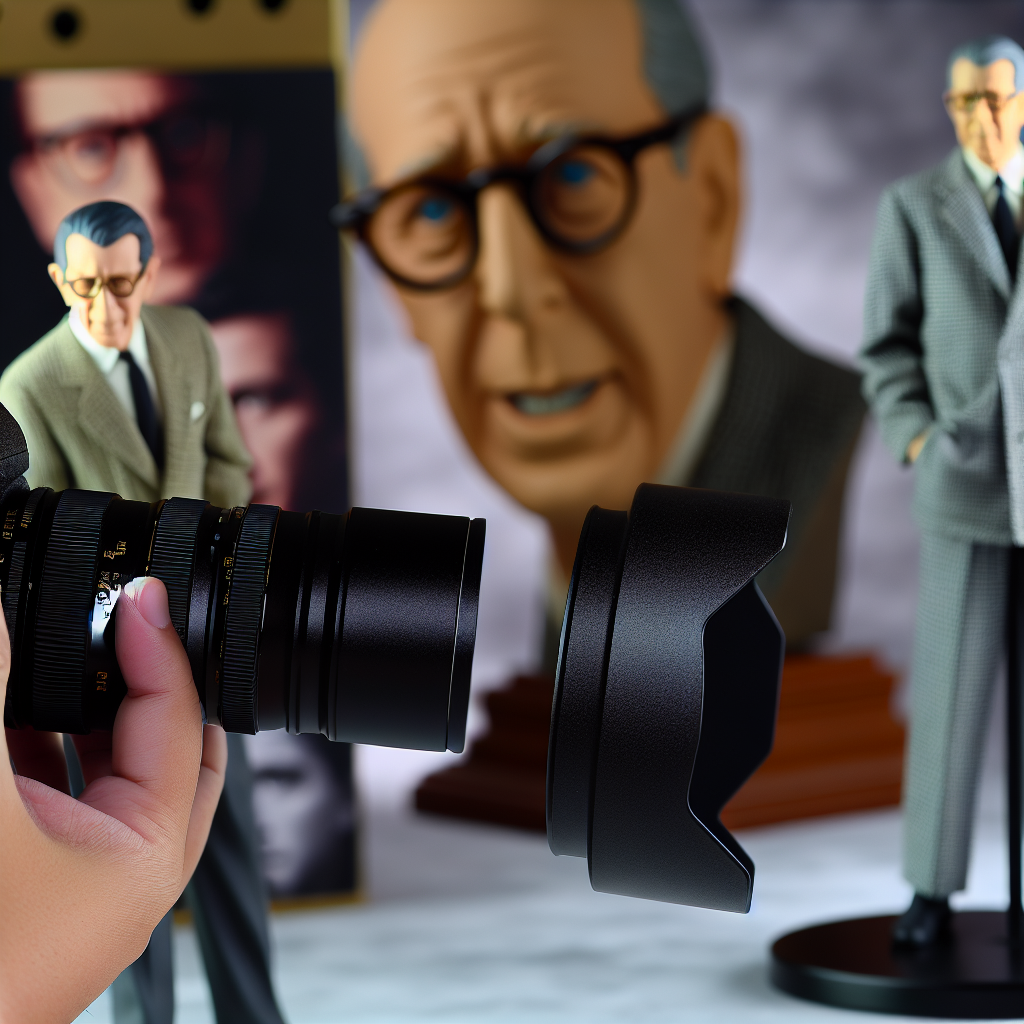
Al Pacino, one of the most iconic actors in Hollywood history, has captivated audiences for over five decades with his intense performances and method acting prowess. From his breakthrough role in The Godfather to his Oscar-winning turn in Scent of a Woman, Pacino’s career is a testament to dedication and talent. This article delves into his early life, legendary roles, and enduring legacy, exploring what makes him a timeless figure in cinema.
Early Life and Path to Stardom
Born Alfredo James Pacino on April 25, 1940, in East Harlem, New York City, to Italian-American parents, Al Pacino’s childhood was marked by hardship. His parents divorced when he was just two, and he was raised by his mother and maternal grandparents in the South Bronx. Nicknamed “Sonny” by friends, Pacino dreamed of becoming a baseball player but found his true calling in acting. He dropped out of high school but later attended the High School of Performing Arts after a successful audition.
To support himself, Pacino worked various low-paying jobs like messenger and janitor while studying at the HB Studio and Actors Studio under mentors like Charlie Laughton and Lee Strasberg. This rigorous training in method acting shaped his intense, immersive style. His stage debut came in 1969 with a Tony Award-winning performance in Does a Tiger Wear a Necktie?, setting the foundation for his film career. These early struggles instilled in him a relentless work ethic, evident in his later roles that often portrayed complex, tormented characters.
Breakthrough Roles and Cinematic Triumphs
Pacino’s big break arrived in 1972 with The Godfather, where he portrayed Michael Corleone, earning his first Academy Award nomination. Directed by Francis Ford Coppola, this role transformed him from a stage actor to a Hollywood star, showcasing his ability to convey quiet menace and moral ambiguity. He reprised the character in The Godfather Part II (1974), delving deeper into Michael’s descent into corruption, which remains a masterclass in character development.
Throughout the 1970s and 1980s, Pacino delivered powerhouse performances in films like Serpico (1973), exposing police corruption, and Scarface (1983), where his explosive portrayal of Tony Montana became a cultural phenomenon. His versatility shone in Dog Day Afternoon (1975), blending vulnerability and desperation. These roles not only garnered multiple Oscar nods but also influenced generations of actors, emphasizing emotional depth over superficial heroism.
Later Career and Enduring Legacy
In the 1990s and beyond, Pacino continued to evolve, winning his first Oscar for Scent of a Woman (1992) with the iconic “Hoo-ah!” line. Collaborations like Heat (1995) opposite Robert De Niro highlighted his chemistry in high-stakes dramas. He ventured into television with Emmy-winning roles in Angels in America (2003) and You Don’t Know Jack (2010), proving his adaptability across mediums.
Pacino’s directorial efforts, such as Looking for Richard (1996), blended documentary and performance to explore Shakespeare. Recent works like The Irishman (2019) and House of Gucci (2021) demonstrate his ongoing relevance. As joint president of the Actors Studio since 1994, he mentors new talent, ensuring his influence persists.
In summary, Al Pacino’s journey from a troubled youth in New York to a legendary actor embodies perseverance and artistic excellence. His roles in films like The Godfather trilogy and Scarface have left an indelible mark on cinema, earning him the Triple Crown of Acting. For aspiring actors and fans alike, Pacino’s legacy reminds us that true greatness comes from depth, passion, and an unwavering commitment to the craft—truly making him an enduring icon.